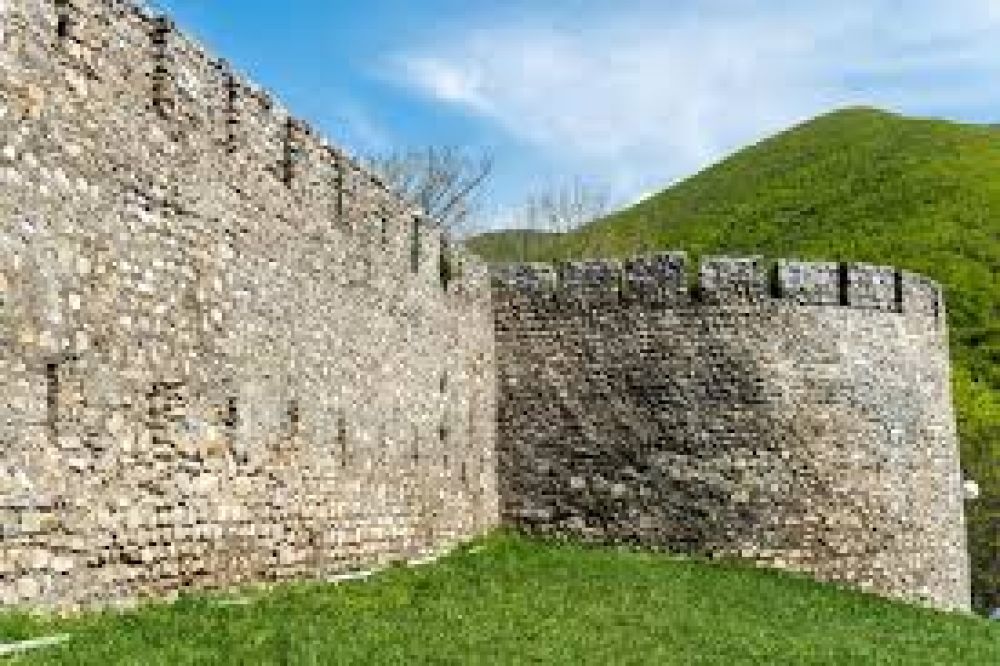

The picturesque city of Sheki, nestled in the foothills of the Greater Caucasus Mountains in Azerbaijan, has long been a gem for those intrigued by history, architecture, and culture. At the heart of Sheki's historical narrative stands the impressive Sheki Fortress, an emblem of the city's rich past.
The foundations of Sheki's tourism can be traced back to the fortress itself, a sentinel with walls that have witnessed the ebb and flow of empires. Constructed in the 15th century, the fortress served as a bulwark against invaders and a royal residence for the Khans of Sheki, when the city became their capital. These leaders embellished the city with magnificent palaces and fortifications, which have endured the test of time to the delight of contemporary visitors.
The crowning jewel within the fortress walls is the Sheki Khans' Palace, famed for its opulent stained glass and intricate woodwork. With increasing recognition of its cultural value, Sheki, including the fortress, was recently added to the UNESCO World Heritage List. This acknowledgment has bolstered conservation efforts and has spurred an upward trend in cultural tourism, attracting history aficionados and casual travelers alike.
Recent years have seen Azerbaijan, and Sheki in particular, embrace modern tourism trends such as eco-tourism and experience-based travel. Visitors are now encouraged to immerse themselves in the local culture through traditional workshops, such as those teaching the art of stained glass known as "shebeke". Gastronomic enthusiasts also partake in the rich culinary experiences that the region offers, which include local delicacies that have been passed down through generations.
The Azerbaijani government has made strides in enhancing the appeal of its historical sites by improving infrastructure and simplifying visa processes, reflecting a commitment to fostering the growth of tourism. The result is an increase in the ease and comfort with which international tourists explore the wonders of Sheki Fortress.
Today, the fortress remains open to the public year-round, with summer being the peak season for tourism. Sheki also hosts annual festivals that offer a glimpse into the region's traditions and vibrant cultural tapestry, including the Sheki Silk Festival and the International Theatre Festival. These events not only captivate visitors but also play a crucial role in preserving the city’s intangible heritage.
In conclusion, Sheki Fortress stands as both a guardian of Azerbaijan’s illustrious history and a beacon for its tourism future. With continued preservation and sustainable tourism practices, Sheki promises to remain a coveted destination for travelers seeking the allure of authenticity and the whispers of history for years to come.